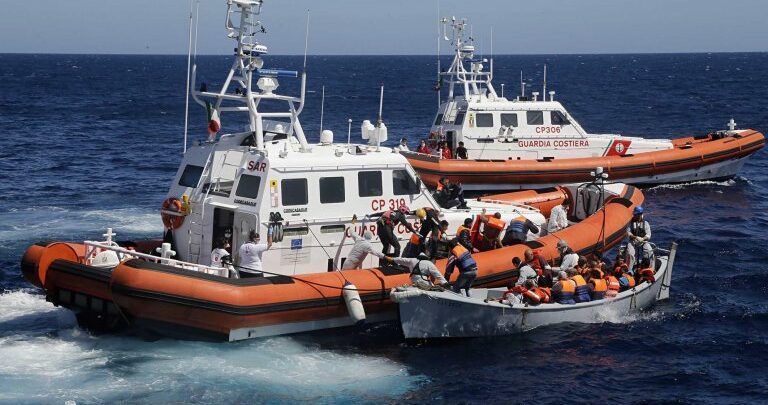World
France Cancels Plan To Send Six Boats To Libya’s Navy Over Concern By Aid Groups

France’s government on Monday announced it has dropped plans of sending six boats to Libya’s navy after several aid groups and NGOs expressed their concern that the boats would be used to take migrants to overcrowded detention centers where many have been victims of abuse and forced labor, reported Africa News.
Earlier this year, eight advocacy organizations sued the government over the donation of inflatable boats that they claim would violate a European embargo on Libya and make France complicit in the abuse.
A French Defense Ministry official on Monday said the government has decided to not go through with the delivery taking into consideration Libya’s current situation.
“The situation in Libya does not permit the offer of these boats,” the official said.
The official was not authorized to be named in discussing the decision.
Lola Schulmann of Amnesty International’s France branch hailed the France government’s move. She said she hoped the decision would mark a turning point in relations between France and Libya in terms of migration policy.
Schulmann said the aid groups’ legal team received notice from the Defense Ministry confirming the decision.
The rights groups, including Doctors Without Borders, praised the cancellation of an offer they said would have made France “complicit in the crimes committed against migrants and refugees in Libya”.
Libya is a major transit route for migrants from sub-Saharan Africa and elsewhere heading to Europe. According to the United Nations refugee agency (UNHCR), some 40,000 refugees and asylum seekers also live outside detention centers in urban areas in Libya.
Libya is currently facing a war-like situation as Libyan Field Marshal Khalifa Haftar’s Libyan National Army has been fighting with forces loyal to the UN-recognized Government of National Accord since April to take over Tripoli. According to data collected by the UN, the conflict has killed over 1,000, injured close to 6,000 and forced 120,000 people from their homes.






